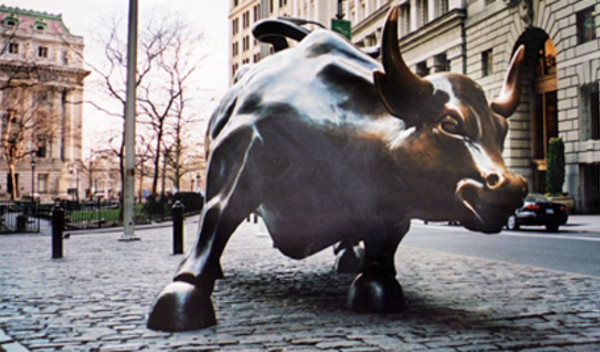

The US Federal Reserve’s decision to keep interest rates on hold at the end of last week has left market participants confused about the much-anticipated first hike – and the fate of equities.
The US central bank opted to hold rates at their historic lows of between 0 and 0.25 per cent last Thursday, pointing to increased global risks.
The decision, which had been seen as a 50/50 call, was preceded by a week of heightened anticipation over a potential first rise since 2006.
US unemployment and economic data has continued to improve in recent months, prompting many to expect the Federal Reserve to move this month.
However, chairwoman Janet Yellen explained that a Chinese slowdown, and its knock-on effects on global markets, could “restrain US economic activity somewhat”.
The postponement had been widely predicted to be beneficial for equities, but initial signs were not encouraging.
The S&P 500 closed lower on the day of the decision and European equities sold off the following morning, with the FTSE falling by more than 1 per cent.
The equity market reaction appeared to have been prompted by the central bank’s cautious outlook for global growth, and split opinion among market commentators.
“We think there are question marks over the traditional belief that Fed dovishness is good for credit and equities,” Lombard Odier IM global strategist Salman Ahmed said.
Meanwhile, strategists at Bank of America (BofA) Merrill Lynch painted a gloomy picture in the event that a market rally fails to materialise in the coming weeks.
“If [there is] no autumn risk rally despite ultra-dovish Fed and bearish sentiment, markets [are] hinting that recession and/or default are imminent,” BofA Merrill Lynch analysts said in a global research report.
However, Royal London Asset Management’s head of multi-asset, Trevor Greetham, struck a positive tone.
“This is what you want to see as an equity investor – this news should underpin a rally in stocks,” he said.
Forecasts for when the Federal Reserve will make its move are equally divided. Some, such as Mr Greetham’s colleague Ian Kernohan, thought a rise next month was still a possibility.
The chief economist said: “The [central bank’s] accompanying statement suggests that a hike is still very much in the offing, possibly in October. However, there may yet be another reason to hold off next month.”
An October rate increase would be complicated by the fact there is no press conference after the meeting. The theory is the bank would not want to make a move without having a chance to explain its thinking.
Robeco chief economist Léon Cornelissen said: “If the economic climate remains favourable, a first modest hike in December followed by an explanatory press conference by Ms Yellen would be the most likely course of events.”
Similarly, Axa Investment Managers’ senior economist, David Page, expected a rate rise to be postponed until December. But he added even this was not guaranteed, given the fact a decision remained “dependent on some stabilisation in the outlook for emerging and financial markets”.
It is this variable that is increasingly driving investor thinking. Traders are now pricing in just a 50 per cent chance of a hike at all this year, down from the 95 per cent probability predicted at the start of 2015.




